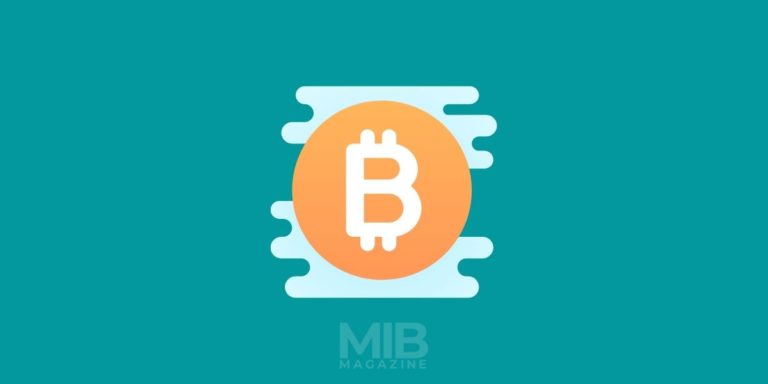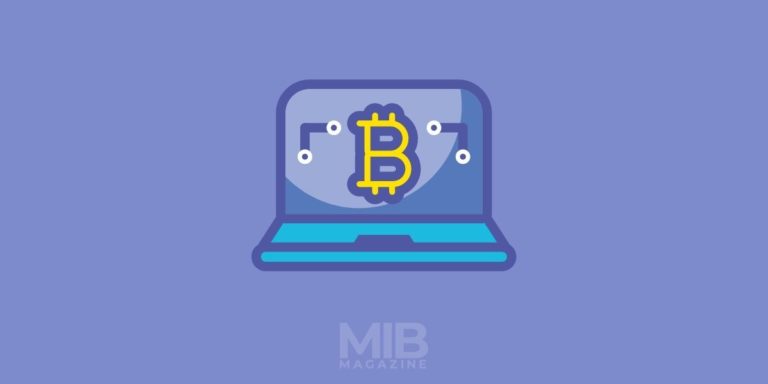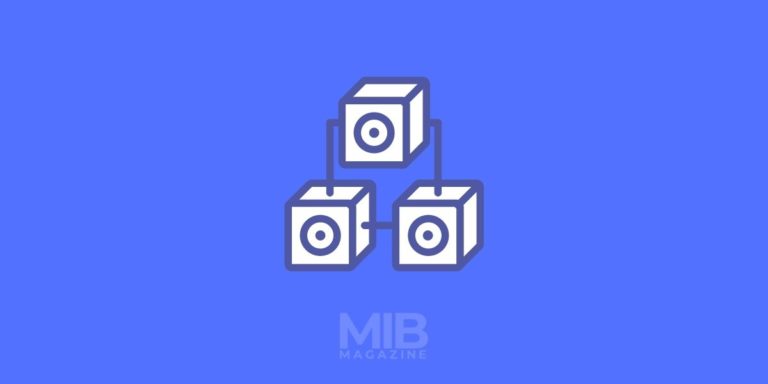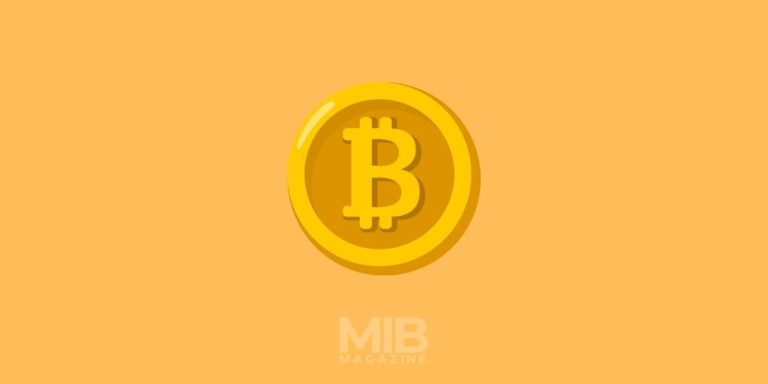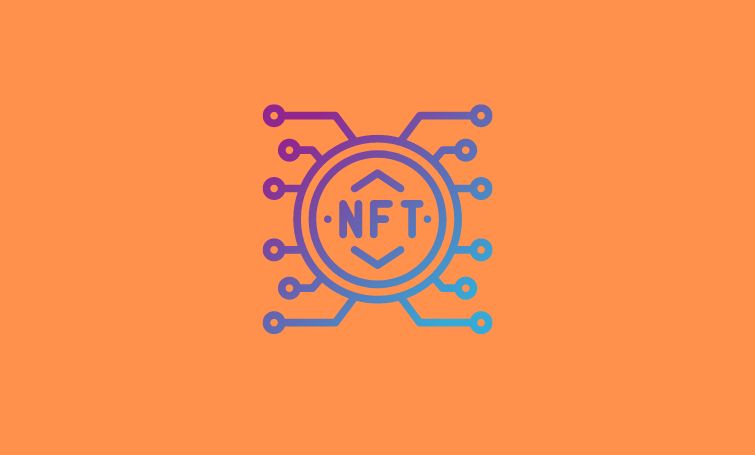5 Ways You can Bring Blockchain Technology into Beneficial Play in Your Life.

Many people view the advent of any new kind of technology with scepticism! This is because they are worried about the new dangers it may bring into the common person’s life through the Internet. After all, cyber crimes are on the rise, with the criminals of the virtual world striving to find newer ways of intruding into people’s personal lives and causing havoc.
Regardless, there is a healthier and beneficial side to every technological invention, which we must not overlook. One such innovation is Blockchain technology. Yes, this is the same technology, which had a major role to play in the popularising of crypto-currencies and various other digital currencies.
Surprisingly, this technology has several benefits to offer individuals, small and big business owners, industrialists, investors in start-up establishments, entrepreneurs, etc. Outlined below are some ways in which you can bring Blockchain technology into beneficial play in your life.
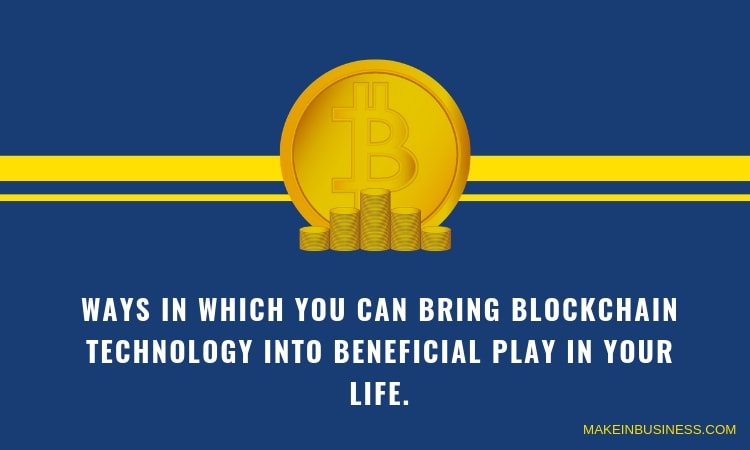
Find the Right Employee
Whenever a job or employment opportunity is up for grabs, many individuals turn up for interviews. Each one brings along proofs of his/her educational qualifications and experiences.
Now, it can be a time-consuming and tedious process to sift through everything and make a list of suitable employees for the organisation. Instead, if all business owners could come together to create a Blockchain-based digital database of professionals from diverse backgrounds, it would prove of immense help to all of you.
According to an article published on leading job search platform Monster Canada, of course, it is important to verify the credentials of these individuals, prior to feeding them into a secure ledger. Since the database is decentralised, it should be easy to figure out which professionals will prove most useful for your particular establishments.
There is another problem that employers, like you, face. It is called identity theft. People steal identities for obtaining tax benefits or employment opportunities. With a solid database at hand, your risk of inviting frauds into your company will be much reduced. Thus, both, the job seeker and the job giver should find freedom from stress, thanks to this technology.
Digital Banking is Safe
It is not that every country in the world has adopted digital technology, and forgotten about manual handling of monetary transactions. In fact, the majority of nations still use loads of paper to carry out monetary transfers, handle back-end functions and maintain records of each customer.
If Blockchain technology were to take over, it would be easy to have everything replicated in a digital format. In turn, there would be a decentralised ledger in place, permitting both, bankers and clients to access information readily from the same source. This ledger suffices as proof of ownership of assets for every customer, thereby bringing down the occurrences of fraudulent transactions.
Note that identity thefts are becoming common across the globe. Therefore, if you, as a customer, were to notice anything suspicious in connection with your banking details, it would be easy to alert the bank authorities immediately. On the other hand, if you were associated with the banking system, you could take steps to keep your customers’ accounts safe.
Maintain Records of Citizens
It is imperative that a government maintain records of all citizens residing in the concerned nation. These records should include personal information about the individual, his/her employment/business details, information about assets and important activities that have been undertaken thus far. Imagine the horrendous amount of time that goes into manual maintenance of such records!
Additionally, it is terribly difficult to manage the collected data and arrange everything systematically.
Once again, a Blockchain-based system can prove to be the most suitable rescuer from a tedious situation! A digital ledger makes administrative tasks easy, as well as prevents criminals from tampering with data.
Make Voting Easy and Enjoyable
Numerous people refuse to vote during elections, simply because they have to be physically present at diverse polling booths. No one wants to travel or stand in a queue, sometimes for quite a long time. Then again, corruption at polling booths and the inability to verify the accuracy of polls results are other major concerns, which make people feel that voting is an avoidable headache!
Blockchain technology, if customised to suit the voting process, should suffice to initiate online voting. In fact, if you were a voter, you would even be able to garner dependable information about various statistics, such as poll standings, results, etc.
Similarly, you would not fall victim to any kind of internal or external conflicts created by people with criminal mindsets, which desire that you cast your vote for specific candidates only.
Look after your Health
The medical fraternity will let out huge sighs of relief, if they manage to gather records of short-term and long-term patients, all in one place! The administration will find it so easy to manage the data, prevent misuse of sensitive information and bring down the implications of duplicate/counterfeit drugs.
Researchers conducting studies on different drugs and their respective interactions will find enough material for them in the patient database. Blockchain technology makes it possible to make available data on every clinical trial conducted, and its outcome. This way, medical practitioners and researchers can find solutions to problems affecting the delivery of effective healthcare.
Do fraudulent activities dog the healthcare industry? Yes, indeed, they do, in the form of excessive billing, emphasizing upon the conduction of unnecessary tests and charging exorbitant rates, etc. An automated and centralised system will bring a halt to such activities. Then again, healthcare professionals will find it easy to help patient recall past medical history, treatments undertaken, etc. This knowledge will permit improved diagnosis and treatment.
It is high time that developing countries began to focus on the usage and benefits of Blockchain technology. Who knows, it may bring in more benefits in future!
After all, the innovators have not stopping thinking or working on the same! The best thing about this technology is that it awards relevant privacy to personal details about the individual. At the same time, it ensures that necessary information about the same individual remains publically visible, since the government demands it.
FAQS
Blockchain technology is a decentralized, digital ledger system that uses a distributed network of computers to record and securely store transaction data.
Blockchain technology can be used to increase the security and transparency of your financial, legal, and medical records by creating an immutable, tamper-proof ledger that is distributed to all participants of a transaction. Furthermore, blockchain technology can be used to increase the efficiency of data exchange and transaction processing by reducing costs and eliminating the need for a third-party intermediary.
Yes. Blockchain technology is a secure, distributed, and trustless system of shared data. This makes it difficult for data to be tampered with or stolen since all changes must be made with consensus from multiple participants.
Some practical applications of blockchain technology include creating secure digital identities, tracking and managing digital assets, securely connecting IoT devices, and facilitating secure financial transactions.
Yes. Cryptocurrencies such as Bitcoin are based on blockchain technology and can be used for secure financial transactions without the need for third-party intermediaries.
Unlike traditional databases, blockchain is a decentralized, distributed ledger system that does not rely on a central authority or third-party intermediary. This makes it more secure, transparent, and open than traditional databases.
Blockchain technology is largely unregulated at the moment, but many governments are starting to explore ways to regulate it.
Some potential risks associated with using blockchain technology include the potential for fraud, a lack of regulatory oversight, and the potential for data to be stolen if not properly secured.
Blockchain technology does require a lot of energy, as it is computationally intensive. Many companies are exploring ways to reduce energy consumption, such as using renewable energy sources or Proof-of-Stake consensus algorithms.
To get started with using blockchain technology, you should research the different types of blockchains and cryptocurrency networks, as well as familiarize yourself with the available tools and resources. Additionally, it is important to understand the risks associated with using blockchain technology.

